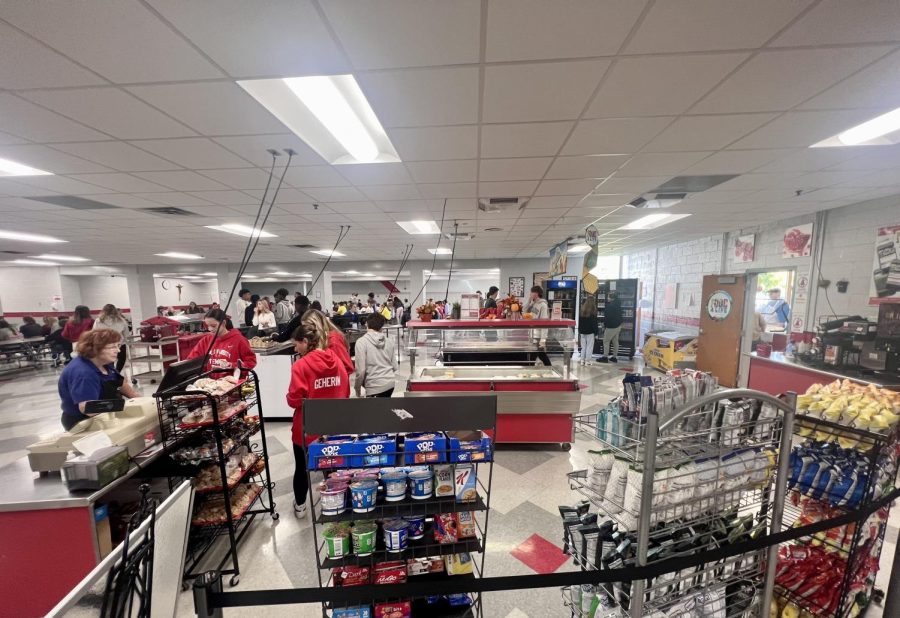The Truth Behind Taher’s Food Options
BSM Taher has many food options for students.
Feeding the entirety of the BSM student body is no small task – hundreds of students and faculty members each with different preferences and restrictions. Naturally, these decisions aren’t easy to make. So why does Taher serve what they do?
With a large portion of BSM’s population eating Taher lunch daily, it’s difficult to cater to all the different palates of Red Knights. Many have allergies or restrictions by choice that sometimes aren’t fully satisfied with the options at Taher. Choir and orchestra teacher Emily Chmielewski chooses not to eat meat at school, which limits her choices from Taher, and though she typically bypasses the salads for the sake of time, this isn’t necessarily ideal. “So there are days where I’m like, ‘Oh, I don’t really want to eat chicken nuggets.’ But I don’t want cheese pizza and vegetarian options are kind of limited,” Chmielewski said.
However, there are reasons behind this lack of vegetarian options. Taher director Lynn Lynch described the economic reasoning behind why these decisions were made. “Anything that’s plant-based is [priced] sky high. Anything that’s gluten-free is sky high. It’s not fair. But that’s just the way it is…like I have the plant-based burgers back there. We made six one day and didn’t sell any. So we have the costs of that,” Lynch said.
Junior Gus Ronlund, though he doesn’t have any dietary restrictions, believes there are enough options for those who do have restrictions, mainly for those who don’t eat meat. “Take the chicken out [of the salads]. There’s fruit too,” Ronlund said.
On the other hand, some of these restrictions are less of a choice. Junior Maya Sonbol practices Islam, where she can’t eat certain foods unless they’re halal. Being halal means that a prayer has been said at the time of the killing of the animal to be eaten; however, all pork is off-limits. “Well, I’m a Muslim, so I just can’t eat like non-halal things. You see, pork is the main thing that people use in Taher. So a lot of times I can’t eat some things that contain meat,” Sonbol said.
This lack of choices also ties into allergies, but the chefs at Taher provide additional opportunities for those with more harsh restrictions. All a student has to do is talk to the chefs in the morning and request a certain meal for that day. “But if you want something every day, I have kids that come in that are gluten free, dairy free, whatever, whatever and say ‘I’m going to be here today. I would like lunch in the morning.’ And then we make something specific for them…I have kids that come in every morning and say – I have one kid that has like five allergies and we make him some[thing] separate every day,” Lynch said.
This opportunity to have a specially-cooked meal for an individual can change the course of lunchtime for those with restrictions. However, it’s not heavily advertised aside from some families that inform the chefs of their students’ allergies. “What happens is like if I put a gluten free option on my menu, and post it, all of a sudden everybody in the school is gluten free,” Lynch said.
Another reason that factors into not as many options available for students is the fact that some students simply don’t like alternative options. Sometimes more unique food choices can turn away students if they’re not used to those foods, which poses economic consequences for Taher. “Again, since it’s hard to feed a large group of people and some things that I think vegetarians are more open to eating or people with wider palates enjoy, maybe that would not appeal to the masses. So it’s hard to make an estimate of, we do X amount of things with tofu, how many students will give it a try versus how many students will bypass it for something else?” Chmielewski said.
With all things considered, Taher does the very best they can to cater to all the needs of students and faculty here at BSM. “I think that people at Taher do a really good job,” Chmiewleski said.






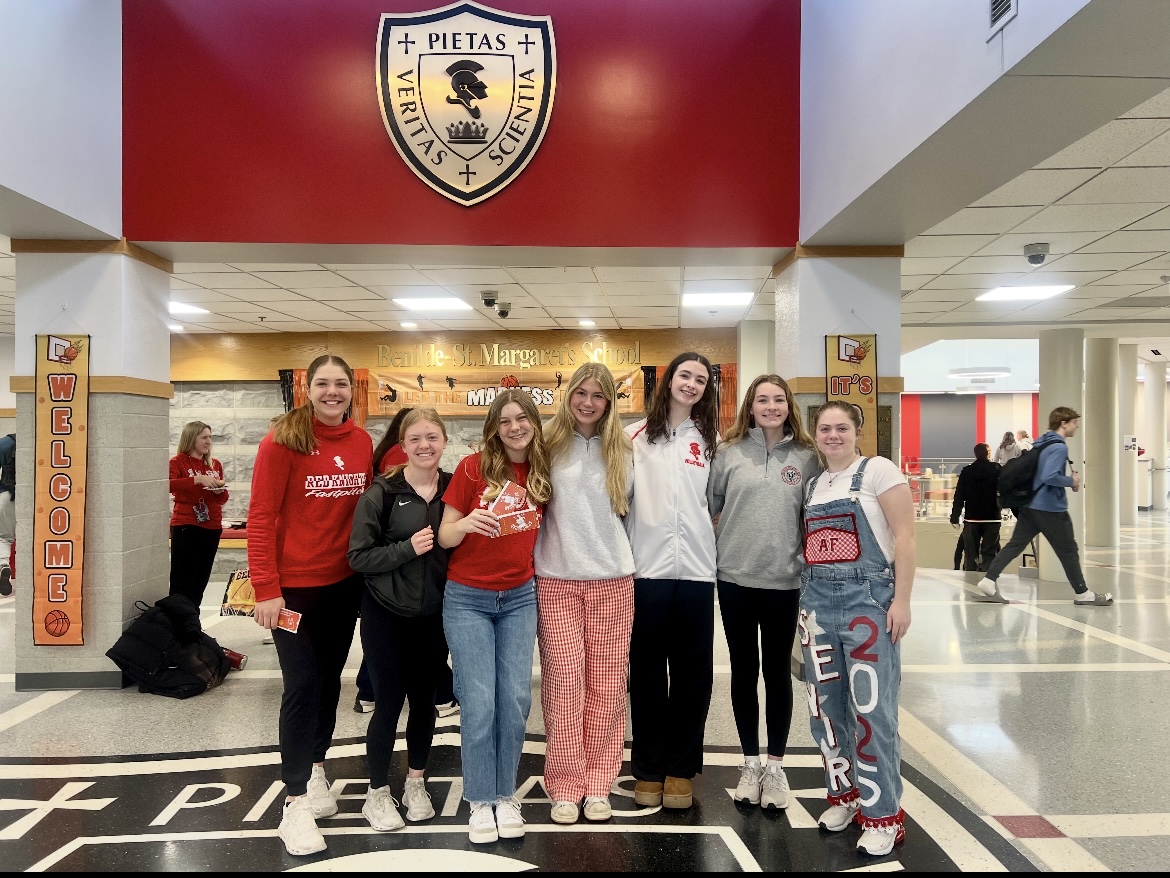

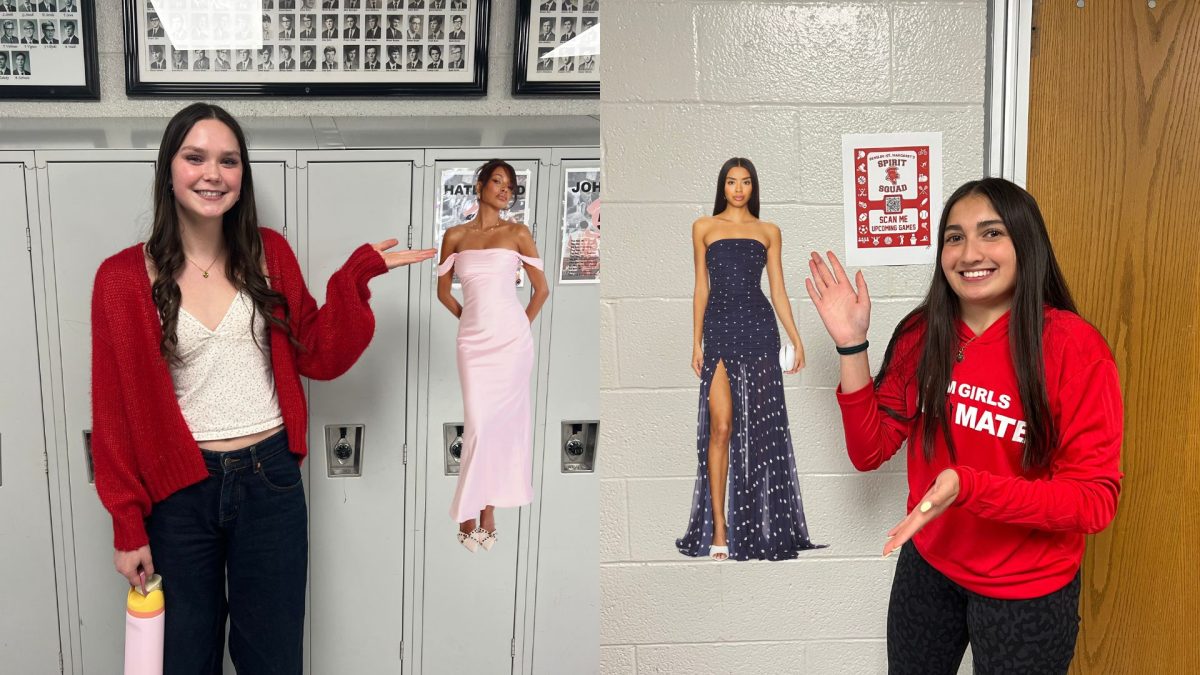
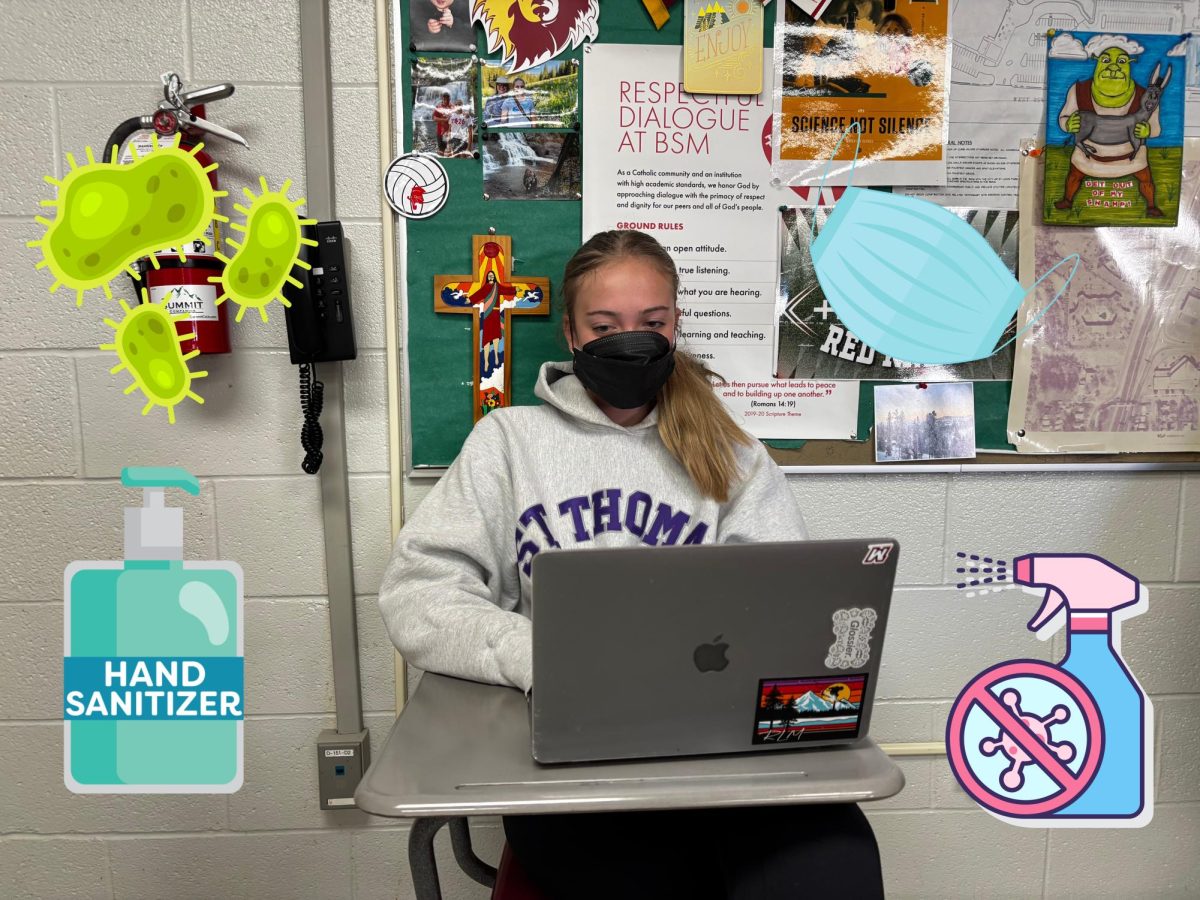
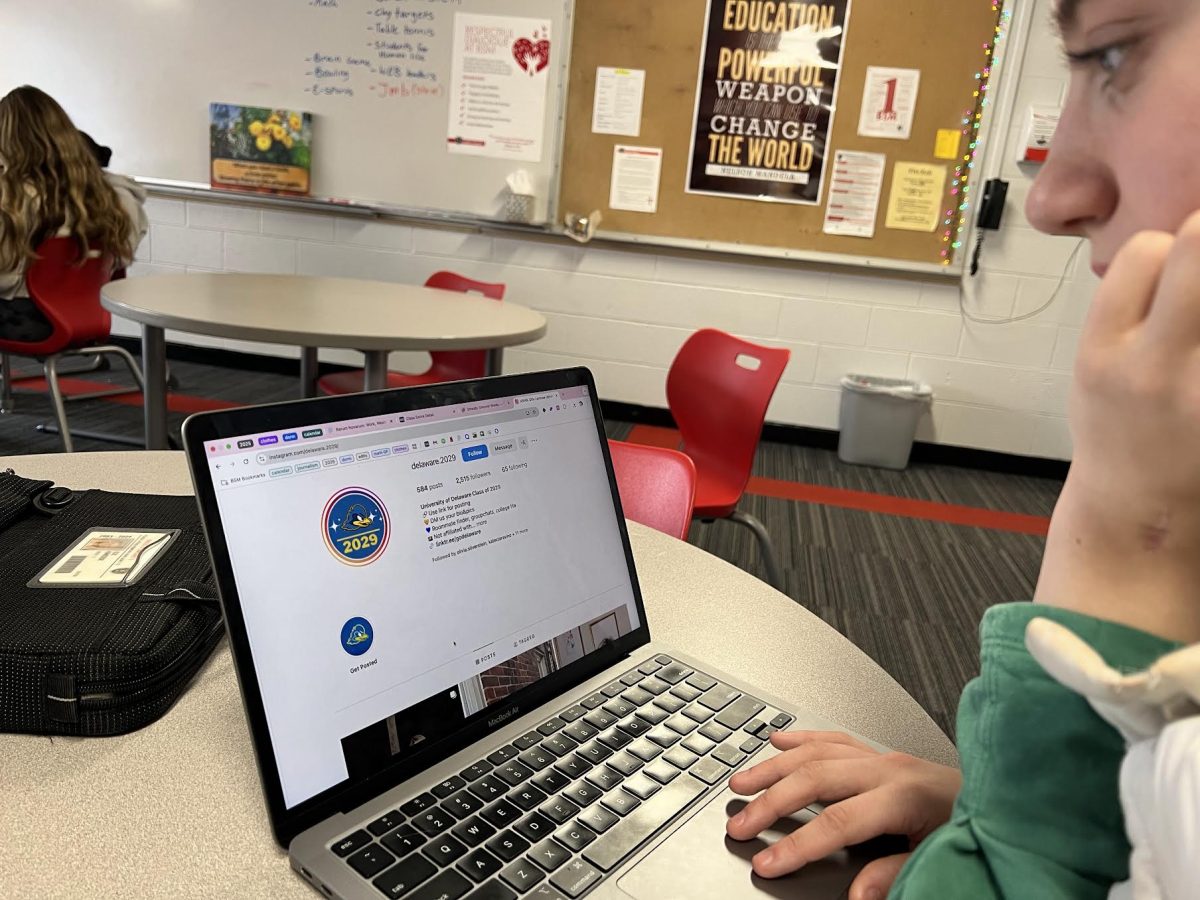












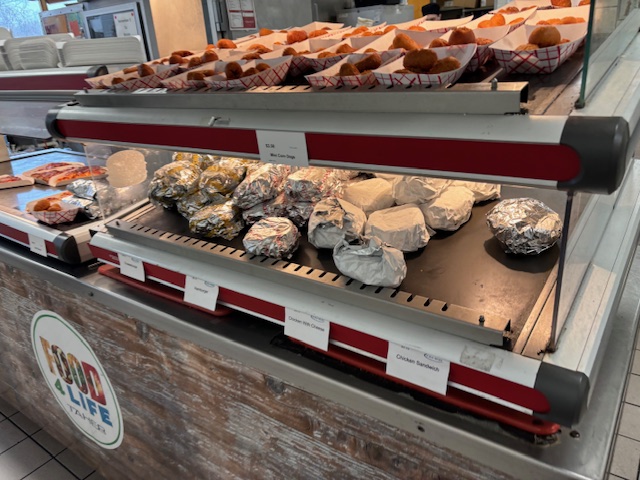
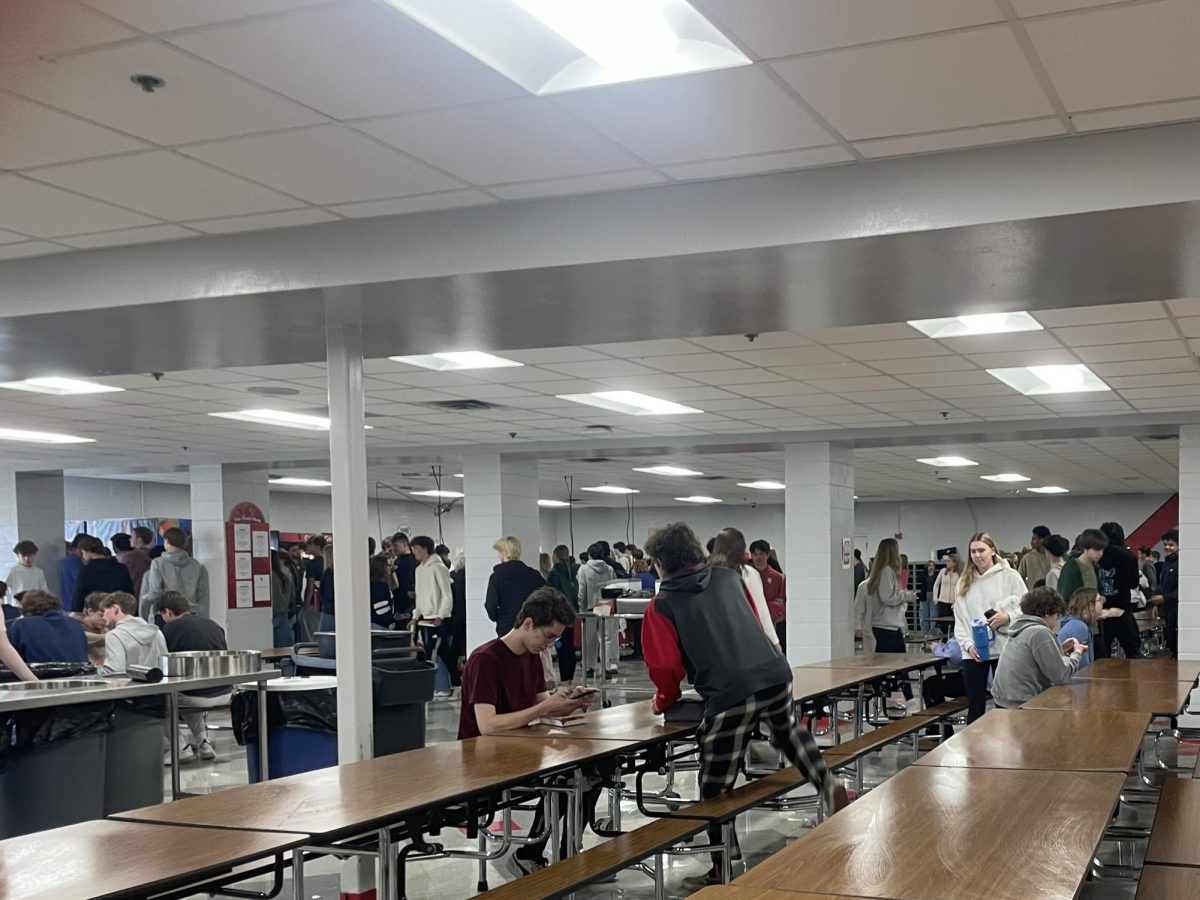


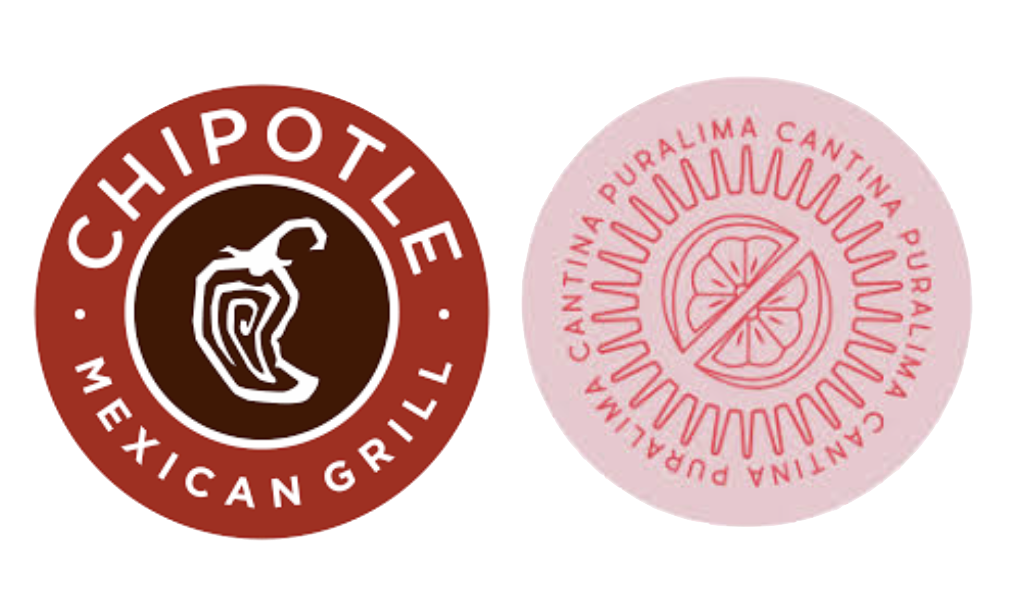
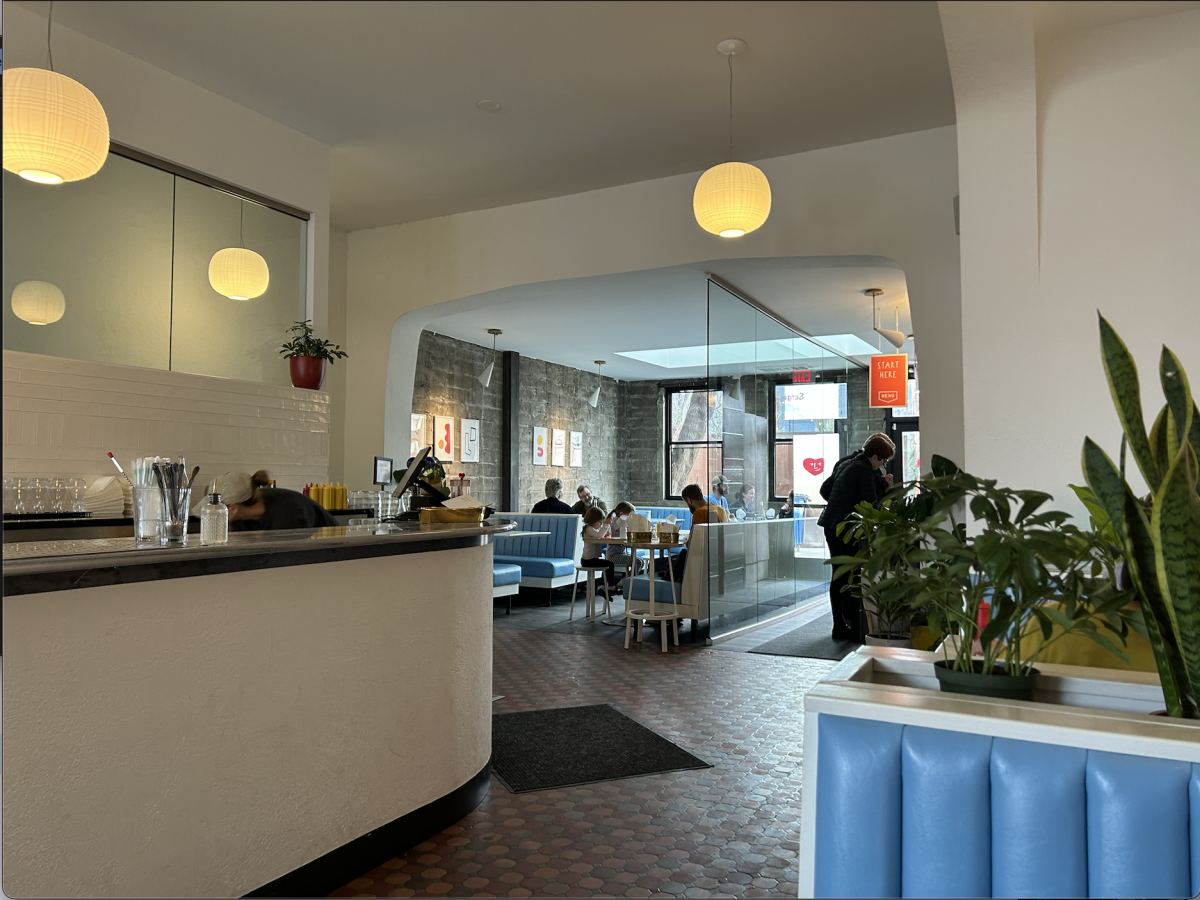







![Teacher Lore: Mr. Hillman [Podcast]](https://bsmknighterrant.org/wp-content/uploads/2025/03/teacherlorelogo-1200x685.png)




